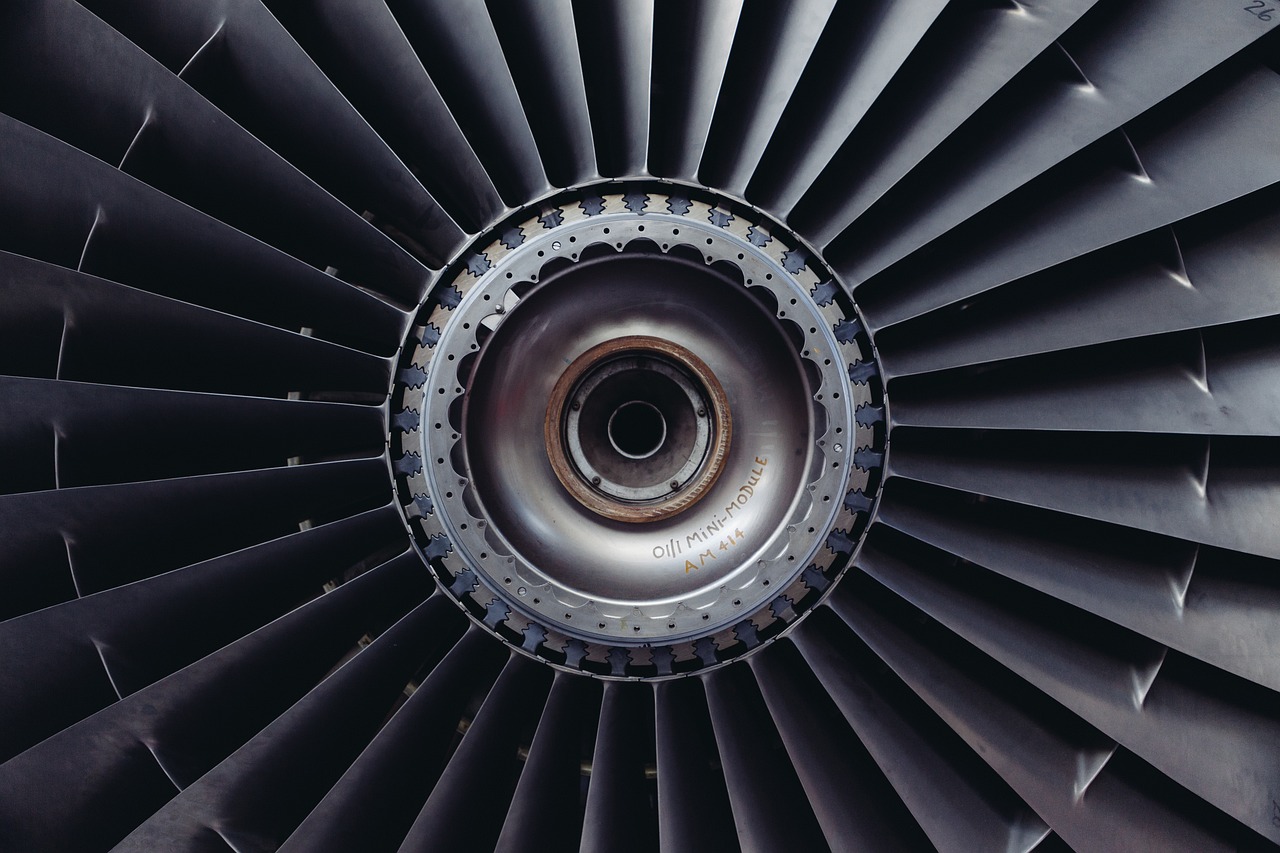
Dear Mr. Ortberg.
Re: Time to Fix Boeing Before It’s Too Late
Once the glory of American invention and a worldwide leader in aerospace, the Boeing Company is today at a turning moment. Being a long-term value generator and supporter of shareholder interests drives me to draw attention to the systematic mistakes endangering Boeing's future. Your leadership finds one at a crossroads: either risk supervising Boeing's ongoing slide into mediocrity or act decisively to restore its legacy.
A Legacy at Risk
Boeing's problems are self-inflicted; they have nothing to do with outside pressure or state of the market. Mismanagement, a lack of strategic vision, and giving short-term gains top priority over long-term development have destroyed public confidence and shareholder value.
-
The 737 MAX Debacle:
This crisis was not simply a product failure but a breakdown in leadership, culture, and accountability. The prioritization of cost-cutting over safety has caused irreversible reputational harm, exposing systemic flaws in Boeing’s engineering ethos - a cornerstone of its success.
-
A Dysfunctional Portfolio:
The commercial airplanes and defense divisions, once vital assets, have become persistent liabilities. Operational inefficiencies and unprofitability weigh heavily on the entire organization. In contrast, the services division—an example of what Boeing could be—remains shackled to the dysfunction of the broader business.
-
Stagnation in Innovation:
While competitors like Airbus are pushing boundaries, Boeing appears content with the status quo. This complacency is unacceptable for a company with its resources, history, and potential to lead the aerospace industry.
Breaking Up Boeing: A Bold Yet Pragmatic Solution
The time has arrived to separate Boeing into three independent companies: Defense, Commercial Airplanes, and Services. This is a sensible idea based on the possibility to release value and propel operational excellence, not a radical one.
-
Focus and Accountability:
Each business would be laser-focused on its core strengths, free to innovate and compete on its own terms. For instance, the services division could thrive without subsidizing underperforming segments.
-
Operational Efficiency:
A breakup would streamline decision-making, eliminate unnecessary bureaucracy, and enable leaner, more agile operations.
-
Unlocking Shareholder Value:
As separate companies, Boeing’s divisions could be valued more accurately by the market. Wall Street rewards focus, and in its current state, Boeing lacks the clarity investors seek.
-
Proven Playbook:
General Electric’s successful breakup serves as a blueprint. GE Aerospace’s post-split success demonstrates that separating complex businesses can revitalize operations and create immense shareholder value.
A Call to Action
Boeing cannot afford further delays or half-measures. By failing to act boldly, the leadership risks failing its shareholders, employees, and the aerospace industry.
We have conducted an in-depth analysis of a potential breakup, evaluating the operational and financial benefits. I would be happy to share our findings with you or your advisors for further discussion. This is not just an idea—it is a well-considered and actionable path forward.
I urge you to:
- Convene the board to explore a strategic breakup.
- Commit to a clear timeline for evaluating and executing the separation.
- Communicate transparently with shareholders and employees about the rationale and benefits of this decision.
Internal & External Threats
Boeing’s decline is not just a corporate failure; it is a national concern. The United States cannot afford a weak Boeing, and neither can the global aerospace industry. Competitors like Airbus are already capitalizing on Boeing’s vulnerabilities.
The growing aerospace aspirations of China exacerbate Boeing's inner conflict. Directly targeting Boeing in the single-aisle and widebody sectors, the Commercial Aircraft Corporation of China (COMAC) is fast progressing its C919 and C929 aircraft. Boeing runs the danger of losing more market share in one of the fastest-growing aviation sectors as Air China already committed as the launch client of the C929.Airbus keeps growing its presence in China with improved production capacity in Tianjin, therefore surpassing Boeing in both market penetration and inventiveness. This twin threat from Airbus and COMAC emphasizes how urgently Boeing needs to move strategically and forcefully to preserve its position. Without transformative action, Boeing’s market share, reputation, and legacy will erode further.
You can not only fix Boeing but restore its standing as a global leader in aerospace. The question is: will you seize it?
Sincerely,
Jim Osman
CEO & Founder
The Edge Consulting Group
A Committed Shareholder and Advocate for Long-Term Value
- 2 Semiconductor Stocks At Risk from China Export Restrictions
- 3 High-yield Dividend Stocks To Buy and Hold Forever
- Wall Street Gets Even More Bullish on Nvidia Stock Ahead of Earnings
- Option Volatility And Earnings Report For November 18 - 22







